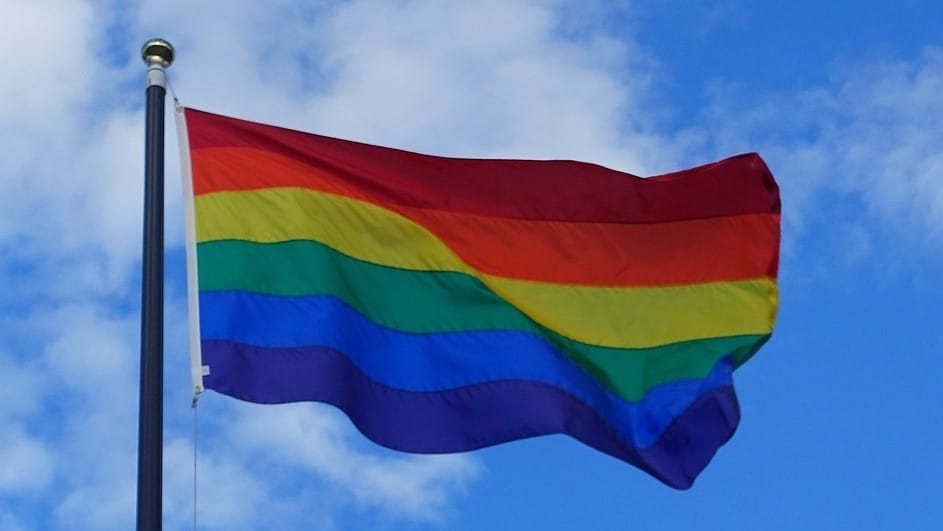By Kristina Antoniades (Special Counsel)
Same-sex marriage is now legal in Australia. While the LGBTI community has embraced this change, the fight for LGBTI equality is not over – further changes to certain Australian state and territory laws are necessary to ensure that trans and gender-diverse people are not discriminated against.
Forced divorce
As we know, prior to the recent amendments, the Marriage Act 1961 (Marriage Act) defined a legal marriage as being between a man and a woman. This created issues for trans and gender-diverse people who transitioned while still legally married to their partners.
Although transgender people have since 2003 been able to change their gender on their birth certificates after transitioning, the strict definition of marriage under the Marriage Act meant that transgender people were forced to divorce their spouse even if they were going to remain in that relationship. The effect of the forced divorce requirement was more far reaching than anticipated, especially when the parties had children together.
For transgender people, whilst the ability to change their birth certificate to reflect their true gender and identity was imperative, it also subjected them to further discrimination within their relationships.
Legalising marriage equality
The Marriage Amendment (Definition and Religious Freedoms) Act 2017 (Amending Act) amended the Marriage Act to allow same-sex couples to marry. The Amending Act also includes a provision that Australian states and territories change laws to remove the requirement for transgender people to divorce before changing their sex on their birth certificate.
However, this specific requirement will not come into full force until 9 December 2018, to allow the states and territories sufficient time to abolish the “forced divorce” requirement.
The position in Victoria
On 22 May 2018, new laws were passed in Victoria which remove the forced divorce requirement.
The changes are expected to be in force in October 2018, but will not act retrospectively to all the transgender people who have been forced to dissolve their marriages.
The position in other states and territories
Similar legislation has been introduced in Queensland and New South Wales, and the Tasmanian parliament is also looking into this issue.
South Australia and the ACT have already taken steps to remove the forced divorce requirement from their relevant legislation.
The fight is not over
It should also be noted that currently only transgender people who have undergone sex reassignment surgery are able to apply to have their birth certificates changed.
The problem with this is that some transgender people do not feel the need to change their gender through sex reassignment surgery as they may not be able to afford it or there are health risks involved with the procedure. The law does not acknowledge the true identity of these people. It becomes essentially a mental health issue for that portion of our society.
Whilst the fight for and the subsequent success of the Yes vote was a major milestone for the LGBTI community, we can’t forget that the fight for true LGBTI equality remains.








